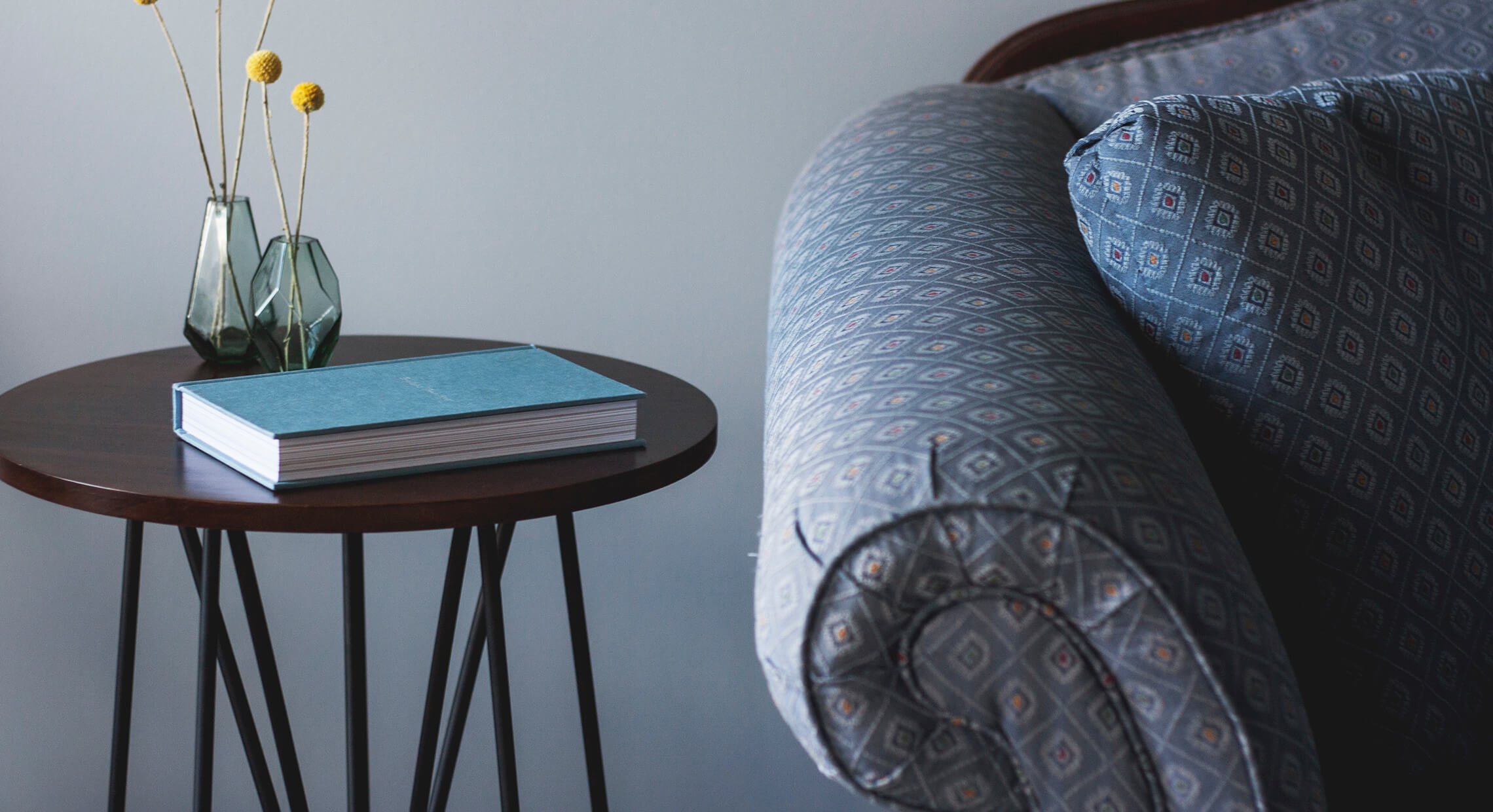Arranging furniture can be a daunting task
When you’re faced with an empty room, filling it in a way that is both practical and aesthetically pleasing can seem like an overwhelming task. But over the years, interior designers have recognized a number of simple, easy-to-apply principles that work. Just follow these common sense rules and you’ll find that arranging furniture isn’t so scary after all.
Don’t Push Furniture Against the Walls
The size of the room will dictate how far you can pull your furniture away from the walls, but even in a small space, you’ll want to give pieces a little breathing room by allowing a few inches between the backs of furniture pieces and the walls. Despite popular belief, this little bit of space can actually make rooms feel bigger. Of course, if you have a larger space, feel free to arrange furniture in such a way that conversation areas are created in the middle of the room, leaving several feet between the walls and the furniture.
Sometimes they appear naturally, such as if you have a prominent window or a built-in fireplace mantel, while other times you may need to create them yourself

Chanelpluscat/ Twenty20
Never under estimate the power of a focal point in a room. As with media units and televisions. Whatever your chosen focal point, make a decision and stick with it. You’ll want to arrange furniture around it as much as possible.
People should naturally be able to talk to each other without having to crane their necks or shout across the room. Position the sofas and chairs to face each other and so they are close enough that people can converse without raising their voices. If the room is too large, create multiple conversation areas.
“When it comes to arranging furniture and accessories, it’s best to plan ahead if your plan involves buying new pieces. Either use an online floor planner or old-fashioned graph paper to sketch out your desired floor plan.”
By Lauren Flanagan. Updated 12/12/19
Find Balance When Arranging Furniture
Balance is always important in decorating, and never more so than when arranging furniture and other items in your living room. Consider both size and placement of the various pieces, making sure not to group all the large or small pieces in one area or to one side of the room, which can make space feel lopsided and a little unsettling.
Also make sure there’s variety in the shapes—if you’ve got straight-lined seating, for example, consider a round coffee table.
GALLERY. CLICK TO SHOW MORE
RELATED PRODUCTS
-
14-Inch 9 Amp Lawn Mower
544 CFA -
1950s Vintage Purple
146 CFA -
3-in-1 Lawn Mower
678 CFA -
4-Inch Portable Hand
322 CFA -
Accessoire auto
639 CFA -
Adjustable Cut Depth
326 CFA























